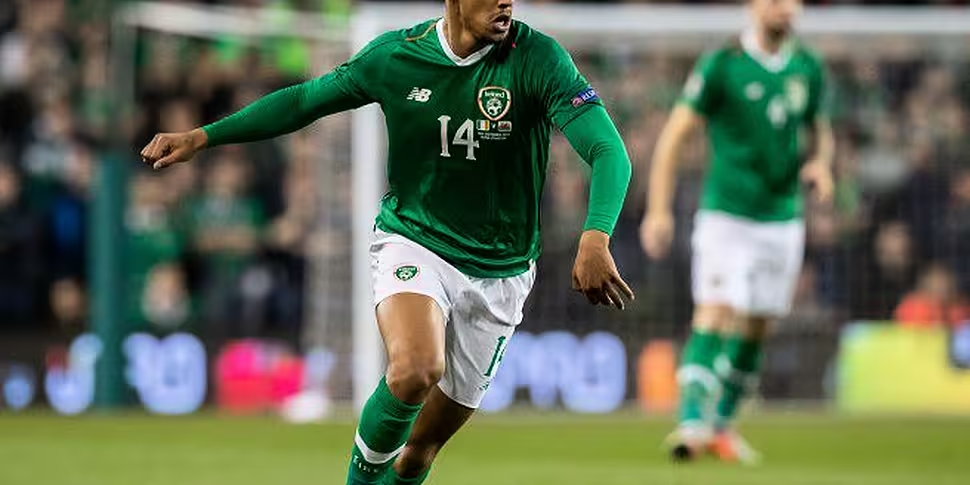I don’t envy Declan Rice. Either way his choice will disappoint someone. His interview with The Times last week gave a revealing insight into what being Irish means to his family.
His caps for the three friendly matches he’s played already are proudly displayed on the walls of the family home, after winning his first cap at U16 he gave it to his grandparents Jack and Margaret who live in Douglas in Cork.
Rice for all intents and purposes is English, he was born there, grew up there and his formative years have been spent in England where his circle, outside his immediate family is likely English. The complex issue of dual nationalities make it unbearably tough for a player to chose.
His parents born in Ireland will always hold an affinity to these shores, likewise Rice will for England. It is no surprise that he is taking his time deliberating; he’s facing a choice that will define a huge chunk of his professional career. Opting for England might seem natural now to an Englishman born of Irish parents, but the pain that could cause his parents will no doubt weigh heavy on his mind.

For Callum Robinson the decision to ditch England and declare for the Republic of Ireland was not a difficult one. The Preston North End man had represented the Three Lions at underage level before opting to switch allegiances to Ireland.
The Northampton born Robinson qualifies for Ireland through his maternal grandmother who was from Monaghan. Robinson says it was a decision he arrived at with little trouble:
“I don’t think it’s difficult if your close ones want you to play for Ireland, I’ve no doubt I’ve much more passion playing for Ireland than I would have for England, and that’s just not me saying it.
“I think it means more to my mum, who is obviously the closest woman in my life. I know it even means more to my family in general, It’s hard if you haven’t got the close ones that are backing you and wanting you to play for Ireland.
“Some families, you might be playing for Ireland but they want you to play for England. Then it’s harder for the player if he’s only 21 or 22. But if you know what you want to do, it shouldn’t be hard.”
“The main thing I think is family are important, and if it means more to your family for you to be playing for Ireland than for England, I think that can have a big part to play in it. I know for sure that it means more for my family that I’m playing for Ireland.
“I’ve handed out several of my shirts to some of my close friends and family already and when they come watch me play, they’re obviously really proud.”













